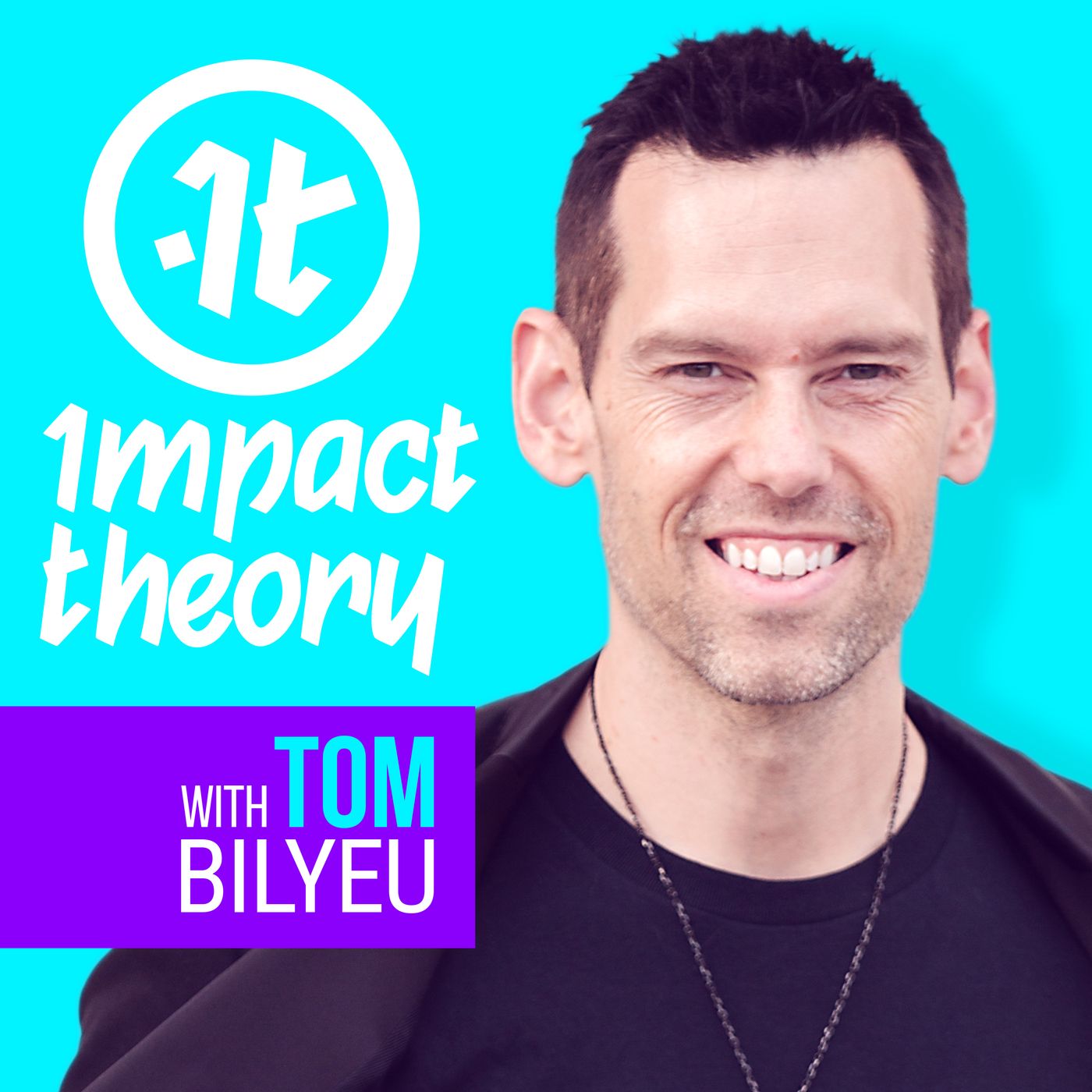Is Reality REAL? This Scientists Answer on The Simulation Argument Might SHOCK You | David Chalmers

Check out our sponsors:
Coinbase: coinbase.com/impact
TextExpander: Go to textexpander.com/podcast and get 20% off your first year
Ombre: Visit tryombre.com/TomBilyeu to get $30 off an at-home gut health test.
“I think, therefore I am.” - René Descartes
What is reality? What is the nature of consciousness? How do we know that what we are experiencing is base reality and not a simulation?
These may seem like the kind of questions that you’d associate with modern concepts like The Matrix and simulation theory, but the fact is that every ancient philosophical tradition has wrestled with these problems in some form or another.
And with the advent of rich, complex VR worlds and the nascent metaverse, even more philosophers are turning toward these deep questions of consciousness and the human experience.
One of the most interesting thinkers in this space is David Chalmers, Professor of Philosophy and Neural Science at New York University, and co-director of the Center for Mind, Brain, and Consciousness.
In his latest book, Reality+: virtual worlds and the problems of philosophy, David investigates not only the nature of reality, but how we should conceptualize virtual reality, the idea that we can actually live a meaningful life in VR, how we know there’s an external world, and much more.
We explore these topics and more in today’s wide-ranging conversation, covering everything from the hard problem of consciousness to the probability that we’re actually living in a computer simulation.
You don’t have to be a student of philosophy to enjoy today’s conversation - especially if you’re as excited as I am about the possibilities being unlocked by virtual reality and the metaverse.
And if you want to dive deeper into David’s work, you can order his new book, Reality+, by clicking here: https://amzn.to/3vMSS0v
SHOW NOTES:
00:00 | Introduction
01:41 | The Hard Problem of Consciousness
10:42 | Consciousness as a Fundamental Law of Nature
17:38 | The Foundations of Simulation Theory
27:33 | Is Reality Made of Information?
39:03 | How to Live a Meaningful Virtual Life
45:10 | The Philosopher’s Zombie
51:59 | Orderable States of Consciousness
58:23 | Zhuangzi and the Butterfly
1:05:20 | The Experience Machine
1:14:40 | GPT3 and Deepfakes
1:19:08 | The Future of “Technophilosophy”
QUOTES:
“How does the water of neural firings in the brain turn into the wine of consciousness?” [05:45]
“My view is what we have to do for consciousness is something akin to what Maxwell did for charge - treat consciousness as a fundamental property in nature and search for the fundamental laws that govern it.” [09:09]
“One of the basic questions in philosophy: Why is there something rather than nothing? Why is there anything in the universe? And it just looks like some things you have to take as fundamental properties and fundamental laws. And that's not wholly satisfying, but it kind of looks like it's the best we can do.” [32:39]
“I think the more we understand the connection between the brain and consciousness, the more capacities we're going to find for both manipulation and transformation of consciousness.” [51:48]
“I do want to think you can have… a meaningful life in VR, because what happens in VR is real - it's not scripted. It's not pre programmed. You can actually build your own life in VR.” [1:08:23]
“I think at a certain point, the avatar can begin to play… many of the roles of the physical body. It's as if you have two bodies, a physical body in the physical world, and a digital body in the digital world.” [1:24:02]
Follow David Chalmers:
Website: http://consc.net
Order a copy of David’s new book, Technology+: https://amzn.to/3vMSS0v